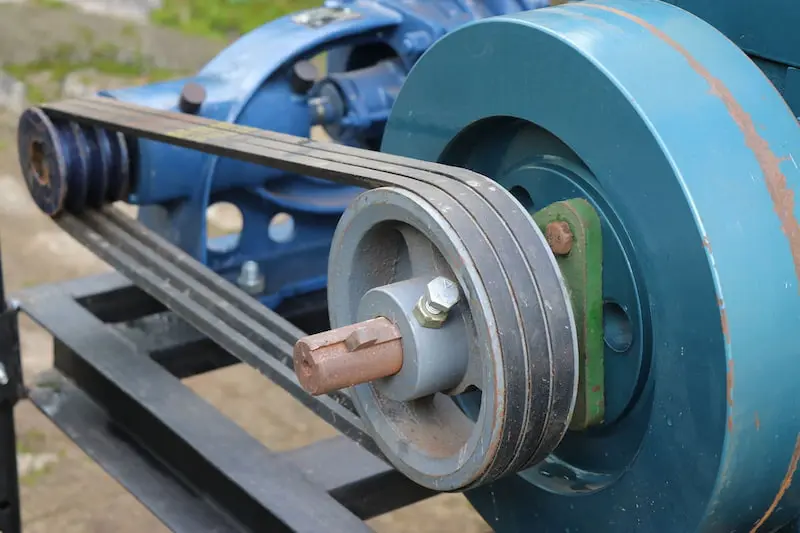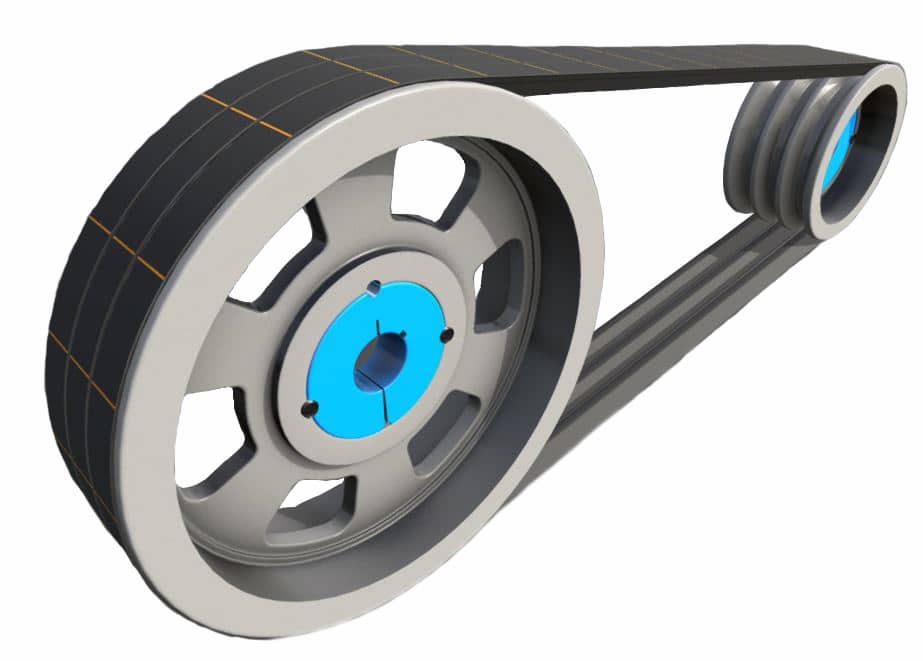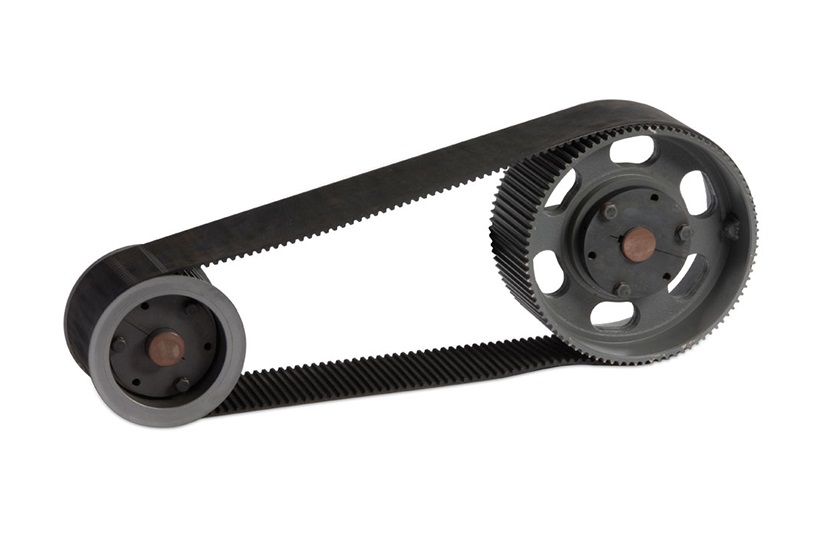Product Description
Welcome to explore our range of conveyor rollers tailored to various standards, diameters, lengths, and types.
We take pride in producing high-quality solutions that meet your specific needs. Don’t hesitate to reach out to us with your requirements and let us exceed your expectations.
Product Description
| Description | Fabrication Services flat belt idler pulley for belt conveyor |
| Application | Used in electric power, metallurgy,mine,coal, cement,steel,chemical, port, hydroelectric power and grain industries |
| Pipe/Tube/Shell | 1)Material:Q235 Steel |
| 2)Diameter:30cm-300cm | |
| 3)Length:500mm-5000mm,depends on the belt width of the conveyor | |
| Shaft/Axis | Material:#45 Steel |
| Bearing | Big roving crack, deep groove ball with double sealing |
| Welding | Pipe and bearing housing with automatic welding |
| Surface | Smooth steel color surface, rubber lagging surface |
| Color | Red,green,blue or as require |
| Service life | More than 30,000 hours |
| Standard | GB,ISO,DIN,CEMA,JIS |
Feature of belt conveyor drive drum for conveyor
1. Steady running, reliable quality and reduce maintenance;
2. Less movement longitudinally, rotating smoothly, extends the life span;
3. Various bearing housing and sealing structure are available for the customers choice;
4. Multipass labyrinthine sealing,preventing the mixed dirt and water immersed;
5.Manufacturing by steel pipe specially for of high precision roller, ensuring the strong load,
low shaking and less noise.
Our Advantages
Our Advantages:
- Experienced manufacturer specializing in electric rollers.
- ISO9001 certified company located in the mechanical and electrical capital of China.
- Products have obtained safety mark certificates and explosion-proof certificates.
- Advanced equipment and precision production capabilities.
- Successfully applied products to large state-owned enterprises.
- Committed to customer satisfaction and continuous improvement.
HangZhou Xihu (West Lake) Dis. Machinery Co., Ltd. is a manufacturer mainly engaged in the production of electric rollers. Our company is located in the HangZhou area of ZheJiang Province, and our series of products such as electric rollers are of high quality and affordable.
Welcome to consult and purchase.
HangZhou Xihu (West Lake) Dis. Machinery Co., Ltd. is located in the famous mechanical and electrical capital of China – Xihu (West Lake) Dis.. Our company has passed the ISO9001 quality system certification, and the electric drum is the first in the industry to obtain the safety mark certificate and explosion-proof certificate for mining products. We have advanced equipment for casting, forging, welding, heat treatment, chemical analysis type experiments, and have introduced a batch of precision production equipment and testing equipment such as CNC gear grinding machines, CNC boring and milling machines, worm grinding machines, and carbon nitrogen co infiltration furnaces.
Our products have been successfully applied to large state-owned enterprises such as GHangZhouba Group, CHINAMFG Petrochemical, CHINAMFG Oilfield, Xihu (West Lake) Dis. Mining Group, Shougang, Hangang, Taigang, Jigang, Yigang, and Baosteel Group.
The company always adheres to the development measures of emphasizing both introduction, absorption, and research and development, and continues to adhere to the business philosophy of “building a city with integrity”. With customer satisfaction as the center, continuous improvement as the driving force, and the unremitting efforts of all employees, we provide users with satisfactory products and services.
We are all sincere and virtuous, and we strive for CHINAMFG and success!
For more details, please feel free to contact us!
Certifications
FAQ
Q1. Are you a manufacturer?
A. Yes, we have been manufacturing and selling conveyor belts for 20 years.
Q2. Can you produce belts of my own brand?
A: Yes, we can.
Q3. What about the lead time?
A. 1) Sample 5~14 days 2) 15~30 days according to the order quantity
Q4. What are the payment terms?
A. We prefer T/T, 30% of the order is prepaid, and the remaining 70% is paid before shipment
Q5. How do you guarantee product quality?
A. 1) R&D center with independent design and development capabilities 2) We have an independent testing laboratory with full performance testing capabilities for conveyor belts.
We can test various materials, rubber, fabrics, semi-finished products and finished products.
| Material: | Aluminum Alloy |
|---|---|
| Surface Treatment: | Baking Paint |
| Motor Type: | Frequency Control Motor |
| Installation: | Slope |
| Warranty: | 1.5 Years |
| Machinery Test Report: | Provided |
| Samples: |
US$ 300/Piece
1 Piece(Min.Order) | |
|---|
| Customization: |
Available
| Customized Request |
|---|

Can belt pulleys be part of HVAC systems and air conditioning units?
Yes, belt pulleys can indeed be part of HVAC (Heating, Ventilation, and Air Conditioning) systems and air conditioning units. They play a crucial role in the operation of these systems, contributing to the movement of air, power transmission, and controlling the functionality of various components. Here’s a detailed explanation of how belt pulleys are involved in HVAC systems and air conditioning units:
1. Air Handling Units: Belt pulleys are commonly used in air handling units (AHUs) of HVAC systems. AHUs are responsible for circulating and conditioning air within buildings. Belt-driven AHUs employ pulleys to drive the fans or blowers that move air through the system. The rotation of the pulleys drives the fan blades, creating airflow and facilitating the exchange of heat or coolness in the air conditioning process.
2. Cooling Towers: Cooling towers, a key component of HVAC systems, are used to remove heat from the building. Belt pulleys are employed in cooling towers to drive the fan systems that enhance the cooling process. The pulleys drive the cooling tower fans, which draw in ambient air and facilitate the evaporation of water, effectively dissipating heat and lowering the temperature of the circulated water.
3. Fan Coil Units: Fan coil units are part of HVAC systems and provide localized heating or cooling to specific areas within a building. Belt pulleys can be used in fan coil units to drive the fans that distribute conditioned air. The rotation of the pulleys drives the fan blades, enabling the movement of air through the unit and delivering heating or cooling to the desired space.
4. Compressors: In air conditioning units, belt pulleys are employed in the compressor system. The compressor is responsible for compressing the refrigerant, which enables the cooling process. Belt-driven compressors use pulleys to drive the compressor’s motor, which pressurizes the refrigerant and facilitates its movement through the air conditioning system. The pulleys ensure the efficient operation of the compressor, which is essential for the cooling function.
5. Power Transmission: Belt pulleys are essential for power transmission in HVAC systems and air conditioning units. They are used to transmit power from the motor or engine to various components, such as fans, compressors, pumps, and other mechanical parts. The rotation of the pulleys transfers power and enables the operation of these components, ensuring the functionality of the HVAC system or air conditioning unit.
6. Variable Speed Control: Belt pulleys can also be utilized for variable speed control in HVAC systems. By using pulleys of different sizes or incorporating variable speed pulley systems, the rotational speed of fans or other driven components can be adjusted. This allows for precise control over airflow, temperature, and overall system performance, optimizing energy efficiency and comfort levels in the building.
7. Maintenance and Serviceability: Belt pulleys in HVAC systems and air conditioning units are designed for easy maintenance and serviceability. They allow for straightforward belt replacement or adjustment, ensuring that the system can be properly maintained and serviced to maintain optimal performance and reliability.
In summary, belt pulleys are integral components of HVAC systems and air conditioning units. They are involved in power transmission, driving fans and blowers, controlling compressors, and facilitating the movement of air for heating, cooling, and ventilation. Belt pulleys contribute to the overall functionality, energy efficiency, and serviceability of HVAC systems, playing a vital role in providing comfortable and controlled environments in residential, commercial, and industrial buildings.

Can belt pulleys be customized for specific machinery and equipment?
Yes, belt pulleys can be customized to meet the specific requirements of machinery and equipment in various applications. Customization allows for the adaptation of belt pulleys to specific dimensions, performance characteristics, and operational needs. Here’s a detailed explanation of how belt pulleys can be customized for specific machinery and equipment:
1. Dimensional Customization: Belt pulleys can be customized to match the dimensional requirements of the machinery and equipment they will be installed in. This includes customizing the diameter, width, and groove dimensions of the pulleys to ensure proper fit and alignment with the system. Customization ensures that the belt pulleys integrate seamlessly into the machinery, optimizing performance and reliability.
2. Material Selection: Depending on the specific requirements of the machinery and equipment, belt pulleys can be customized with different materials. The choice of materials can be based on factors such as load capacity, environmental conditions, chemical resistance, and operating temperature. Common materials used for customized belt pulleys include steel, aluminum, cast iron, and various composites. Custom material selection ensures that the pulleys can withstand the demands of the application.
3. Specialized Coatings and Finishes: In certain applications, customized belt pulleys may require specialized coatings or finishes to enhance their performance. For example, pulleys used in food processing or pharmaceutical industries may require coatings that comply with specific safety and hygiene standards. Customized coatings can also provide corrosion resistance or reduce friction, improving the overall efficiency and longevity of the pulleys.
4. Groove Profiles: Belt pulleys can be customized with specific groove profiles to match the type of belt being used. Different belts, such as V-belts, timing belts, or flat belts, have varying groove requirements. Customizing the groove profiles ensures optimal belt engagement, maximizing power transmission efficiency and preventing belt slippage.
5. Special Features: In some cases, customized belt pulleys may require additional features or modifications to meet specific operational needs. This can include the incorporation of keyways, set screws, flanges, or other attachments to ensure proper alignment and secure mounting. Customized pulleys can also be designed with specific hub configurations or balancing requirements to achieve smooth and balanced operation in the machinery and equipment.
6. Performance Optimization: Customized belt pulleys can be tailored to optimize performance in specific applications. This may involve adjusting the pulley design, such as modifying the number of grooves or altering the pitch diameter, to achieve the desired speed ratios or torque requirements. Performance optimization ensures that the customized pulleys contribute to the efficient and reliable operation of the machinery and equipment.
Overall, belt pulleys can be customized to match the dimensional requirements, material specifications, coating needs, groove profiles, special features, and performance optimization of specific machinery and equipment. Customization ensures that the pulleys seamlessly integrate into the system, providing efficient power transmission and meeting the unique operational needs of the application.

Can you explain the different types of belt pulleys and their applications?
There are several different types of belt pulleys, each designed for specific applications and requirements. The choice of pulley type depends on factors such as the power transmission needs, speed control requirements, space limitations, and the type of belt or rope used. Here’s an overview of some common types of belt pulleys and their applications:
1. V-Belt Pulleys: V-belt pulleys are one of the most widely used types of pulleys. They have a trapezoidal groove profile and are designed to accommodate V-belts, which have a corresponding cross-sectional shape. V-belt pulleys are commonly used in applications that require high torque transmission, such as in industrial machinery, automotive engines, and HVAC systems.
2. Flat Belt Pulleys: Flat belt pulleys have a flat or slightly crowned surface without any grooves. They are used with flat belts, which have a rectangular cross-section. Flat belt pulleys are suitable for applications that require high-speed power transmission, such as in textile machines, printing presses, and conveyor systems.
3. Timing Belt Pulleys: Timing belt pulleys, also known as synchronous pulleys, have teeth or grooves that mesh with the teeth of a timing belt. This design provides precise and synchronous power transmission, making them suitable for applications that require accurate positioning and timing, such as in robotics, CNC machines, and automotive engines.
4. Variable Speed Pulleys: Variable speed pulleys, also called adjustable or variable pitch pulleys, allow for continuous speed control by adjusting the effective diameter of the pulley. They feature movable pulley halves or arms that change the distance between the grooves, altering the speed ratio. Variable speed pulleys are used in applications where adjustable speed control is required, such as in machinery with variable loads or in variable speed drives.
5. Step Pulleys: Step pulleys have multiple grooves of different diameters arranged on the same pulley. By changing the belt position between these different grooves, the speed ratio can be adjusted. Step pulleys are commonly used in machines such as drill presses, lathes, and milling machines, where a range of predetermined speeds is required for different operations.
6. Idler Pulleys: Idler pulleys are not directly involved in power transmission but are used to redirect and tension the belt. They help maintain proper belt tension, improve belt wrap around the pulleys, and assist in achieving the desired belt path. Idler pulleys are commonly used in automotive engines, HVAC systems, and other belt-driven systems.
7. Clutch Pulleys: Clutch pulleys are specialized pulleys that incorporate a clutch mechanism. They allow for on-demand engagement and disengagement of the pulley from the driven shaft. Clutch pulleys are commonly used in automotive applications, such as in alternators, where they enable efficient power generation while reducing drag during idle or deceleration.
It’s important to note that these are just a few examples of belt pulley types, and there may be other specialized designs based on specific application requirements. The selection of the appropriate belt pulley type depends on factors such as the power transmission needs, speed control requirements, load capacity, and the type of belt or rope used.
In summary, different types of belt pulleys, such as V-belt pulleys, flat belt pulleys, timing belt pulleys, variable speed pulleys, step pulleys, idler pulleys, and clutch pulleys, are designed for specific applications and requirements. Understanding the characteristics and applications of these pulley types allows for the proper selection and utilization of belt pulleys in various mechanical systems.


editor by CX
2023-11-09